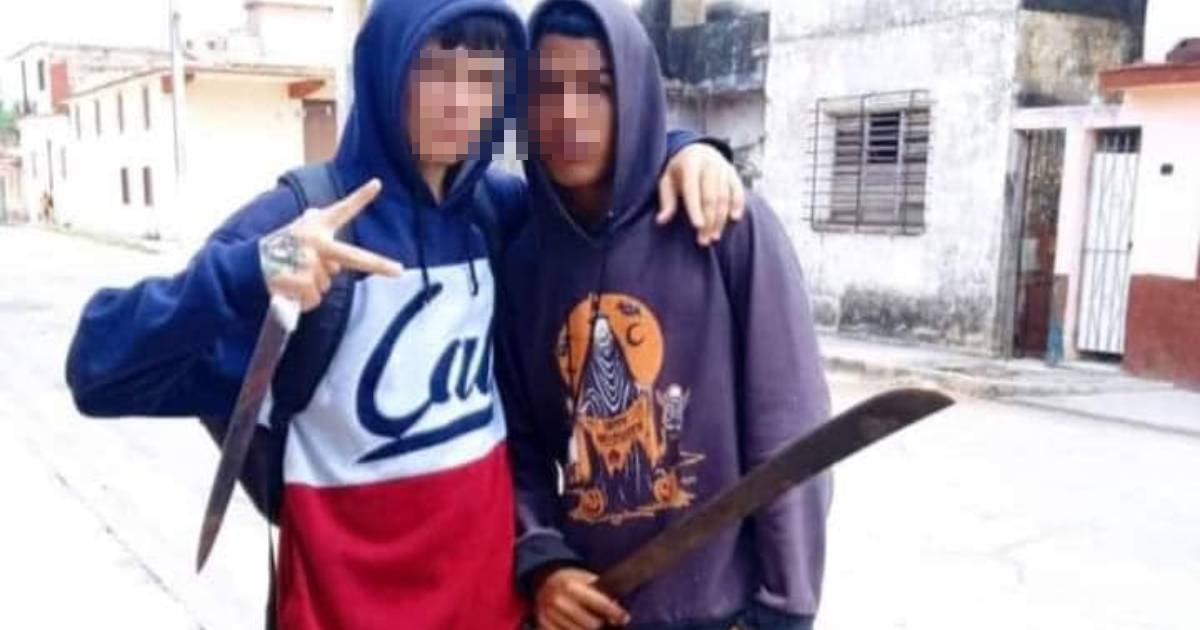The Cuban government acknowledged on Thursday a troubling surge in criminal violence on the island, including the use of firearms. According to statements made by First Colonel Eddy Sierra Arias, head of the General Directorate of the National Revolutionary Police, criminal activities are linked to a series of factors, including smuggling from abroad, drug trafficking, and the movement of both national and foreign citizens negatively impacting the country’s security.
During his appearance on the television program Mesa Redonda, he noted that there is also a deterioration of certain ethical values contributing to the increase in criminal activity. "The primary manifestations, although not the only ones, are crimes against property, home robberies, theft of cell phones, motorbikes, and general belongings of the population," explained Sierra Arias. He added that these crimes are being directly and prioritizingly addressed by the authorities.
The colonel also expressed concern over the rise in violent incidents, mostly associated with personal disputes and grudges, sometimes involving the use of weapons. These incidents have been prioritized within the Ministry of the Interior’s (Minint) prevention and confrontation scheme, he emphasized. "We must also reiterate some violent incidents, which are fundamentally associated with personal situations and grudges; however, a group of violent acts, sometimes involving weapons, are also given priority within the Minint's prevention and confrontation scheme," he noted.
Additionally, Sierra Arias highlighted the involvement of young people and minors in these criminal activities, noting that many of them are disconnected from education and work, exacerbating the situation. While he assured that the government has implemented a set of priority actions and measures to tackle these challenges, aiming to bolster prevention and improve public safety, the populace's complaints about rising violence might suggest that the regime’s efforts are not succeeding.
Recently, the island’s capital was shaken by a large brawl among groups of youths, leaving shocking images of gangs armed with machetes and injured with bladed weapons in Finca de los Monos, a children’s area. In February, several Cuban mothers shared their concerns about the increasing violence and crime, exchanging testimonies that illustrated the growing sense of insecurity in the country. One mother recounted that her son, attending the Havana Book Fair with his girlfriend and two friends, boarded a return bus only to be threatened by a gang wielding knives and assaulting passengers as they entered the tunnel. Additionally, a few weeks ago, a Cuban jeweler was shot dead in the street.
Understanding Cuba's Rising Crime and Violence
In light of the rising crime and violence in Cuba, many questions arise about the causes, implications, and government's response to these alarming trends. Below are some frequently asked questions and their answers to provide deeper insights.
What factors are contributing to the increase in crime and violence in Cuba?
The increase in crime and violence in Cuba is linked to factors such as smuggling from abroad, drug trafficking, and the movement of both national and foreign citizens. A deterioration in ethical values also contributes to this surge.
How are the Cuban authorities addressing these crimes?
The authorities are directly and prioritizingly addressing these crimes through a set of actions and measures aimed at prevention and improving public safety. The incidents involving violence and weapons are given special priority within the Ministry of the Interior’s prevention and confrontation scheme.
What role do young people and minors play in the current crime surge?
Young people and minors, many of whom are disconnected from education and work, are increasingly involved in criminal activities, aggravating the situation further.
